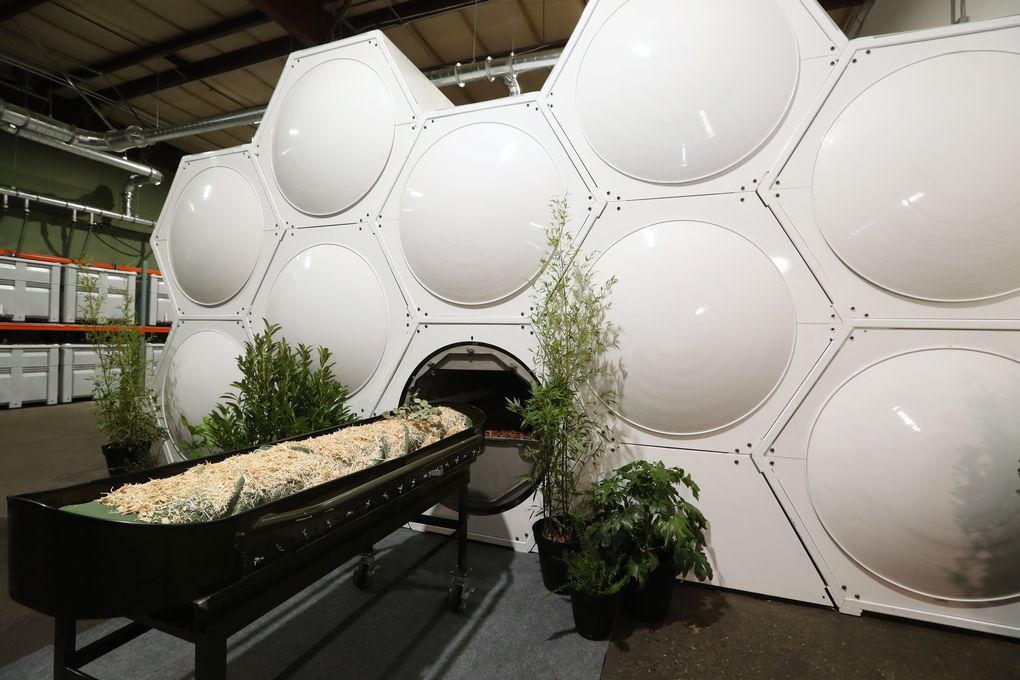What role does the denial of death have in the Anthropocene?
Humans are currently a driving force of ecological disasters. We are ruining the ecosystem, killing off species, and destroying the ozone layer, which will kill all human life if nothing changes. What can we do to change this?
I think a part of the problem is dominant modern culture ignores death. Maybe this could be because most people don’t think about their deaths. Worm in the Core quotes Michel de Montaigne’s famous essay That to study Philosophy Is to Learn to Die,
—let us learn bravely to stand our ground, and fight him. And to begin to deprive him of the greatest advantage he has over us, let us take a way quite contrary to the common course. Let us disarm him of his novelty and strangeness, let us converse and be familiar with him, and have nothing so frequent in our thoughts as death. Upon all occasions represent him to our imagination in his every shape; at the stumbling of a horse, at the falling of a tile, at the least prick with a pin, let us presently consider, and say to ourselves, “Well, and what if it had been death itself?” and, thereupon, let us encourage and fortify ourselves. Let us evermore, amidst our jollity and feasting, set the remembrance of our frail condition before our eyes, never suffering ourselves to be so far transported with our delights, but that we have some intervals of reflecting upon, and considering how many several ways this jollity of ours tends to death, and with how many dangers it threatens it.
The book points out effective terror management should constitute being comfortable with one’s death. We should normalize talking about death so we can take a deeper appreciation of life, with more empathy towards living things around us. By being comfortable and reflecting on our own inevitable deaths, we can appreciate life’s beauty. This means being conscious of our actions and how they affect others and the planet.
I propose to whoever is reading this to think about death, not morbidly but about your death, and how that affects your actions, thoughts, and world views. Thinking about what you think can help you reflect on how to live a more decisive and aware life. Hopefully, you can be more self-conscious about your actions, evaluate whether you are spending your time the way you want to, and how you have affected those around you.








